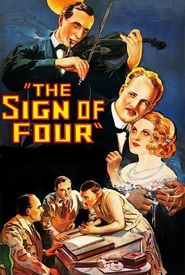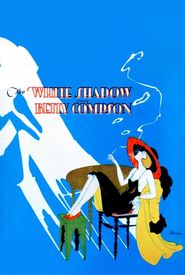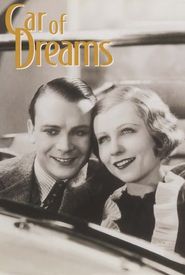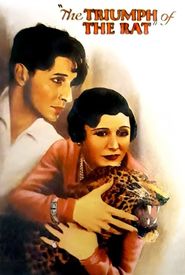Graham Cutts' illustrious career in the film industry commenced in 1909, when he embarked on a journey as a film exhibitor. It was only a matter of time before he became entangled in the production aspect of the business, eventually emerging as a director in 1922. This pivotal moment marked the beginning of a long and storied tenure at the prestigious Gainsborough Films, where he played a key role in shaping the career of matinée idol Ivor Novello, often referred to as the British Rudolph Valentino.
As a power player at Gainsborough, Cutts solidified his reputation as one of the most respected directors in the industry, collaborating with esteemed filmmakers who would eventually rise to the top ranks of the British film industry, including Victor Saville, Herbert Wilcox, and Michael Balcon. Notably, Cutts' protégé, Alfred Hitchcock, served as one of his assistants during this period. Cutts also played a significant role in revitalizing the career of American actress Mae Marsh, starring her in films such as Flames of Passion (1922) and The Rat (1925),alongside Novello.
Unfortunately, Cutts was unable to sustain his level of success once sound technology became the norm. Following his departure from Gainsborough, his career rapidly declined, and he eventually found himself relegated to producing "quota quickies" in the 1930s. Additionally, his strained relationships with colleagues, including Hitchcock and future director Adrian Brunel, likely contributed to his professional downfall. Brunel, in particular, harbored a lasting grudge against Cutts, who had treated him and others rather poorly during their time at Gainsborough.
Cutts concluded his career by producing short documentaries, his final project being Rationing in Britain (1945). He passed away in London, England, in 1958, leaving behind a legacy that, while marked by controversy and decline, still acknowledges his significant contributions to the British film industry during its formative years.




















